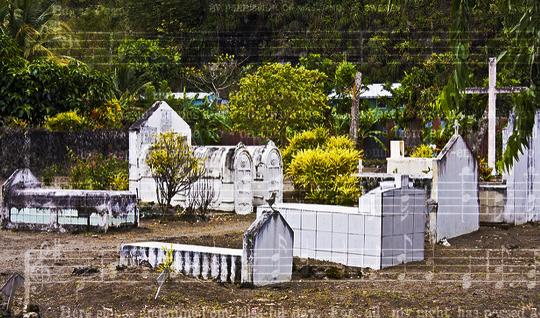In this personal essay, a young poet attends a funeral in his native Saint Lucia, where a spontaneous funeral chant puts him in mind of a poem by Auden. To Vladimir Lucien, the funeral chant and the Auden poem constitute different approaches to the finality of death. In their juxtaposition, we learn something not only about the language and customs in the Saint Lucian countryside, but about the universal human yearning for the transcendence of our finitude.
Alloy’s funeral was packed. It had to be. In the village of Mon Repos, Saint Lucia, he had been everything: head of the local “friendly society,” choir member, bus driver, community organiser and activist, folk singer. The church, however, was an unusually small and claustrophobic Catholic Church with a low ceiling; it felt like a house converted into a church and hurriedly sacralised. Alloy’s daughter—who was a lecturer, my colleague—delivered the eulogy.



